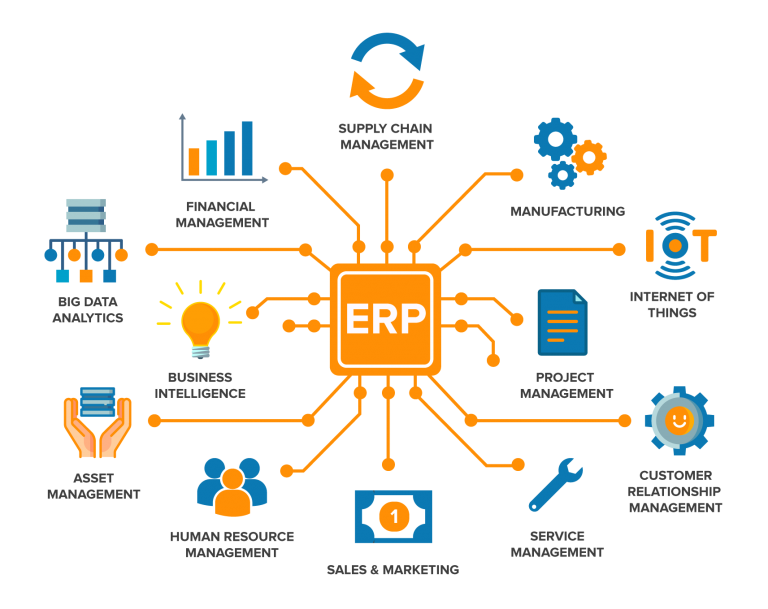
Image Source: Google
In today's fast-paced business environment, managing vast amounts of data efficiently and accurately is crucial for the success of any organization. Enterprise Resource Planning (ERP) systems play a key role in integrating various business functions and streamlining processes. Effective ERP data management can help businesses make informed decisions, improve productivity, and enhance overall performance. Let's explore how organizations can maximize efficiency and accuracy with ERP data management.
The Importance of ERP Data Management
ERP systems are designed to centralize data from different departments within an organization, providing a comprehensive view of business operations. Efficient ERP data management is essential for the following reasons:
1. Data Accuracy
- Ensures that data is consistent and up-to-date across the organization.
- Reduces the risk of errors and discrepancies in reporting.
- Improves decision-making based on accurate and reliable information.
2. Process Efficiency
- Automates routine tasks and eliminates manual data entry.
- Streamlines workflows and improves overall productivity.
- Enables real-time access to critical data for faster decision-making.
Best Practices for ERP Data Management
1. Data Governance
Establishing clear data governance policies and procedures is essential for maintaining data integrity and consistency. Key practices include:
- Defining data ownership and accountability within the organization.
- Implementing data quality standards and validation rules.
- Regularly monitoring and auditing data to ensure compliance with regulations.
2. Data Integration
Integrating data from various sources and systems into the ERP system is critical for achieving a unified view of business operations. Key considerations include:
- Utilizing data integration tools to streamline the process.
- Maintaining data mapping and transformation rules for consistency.
- Ensuring data security and encryption protocols are in place during integration.
3. Data Quality Management
Ensuring data quality is paramount for making informed business decisions and driving operational excellence. Key strategies for data quality management include:
- Implementing data cleansing and deduplication processes regularly.
- Establishing data quality metrics and KPIs to measure the accuracy of data.
- Training employees on the importance of data quality and best practices.
Benefits of Efficient ERP Data Management
By implementing effective ERP data management practices, organizations can benefit in the following ways:
1. Improved Decision-Making
- Access to real-time data for informed decision-making.
- Greater visibility into business operations and performance.
- Increased agility in responding to market changes and trends.
2. Enhanced Productivity
- Automation of repetitive tasks to reduce manual effort.
- Streamlined workflows for increased efficiency.
- Empowerment of employees with easy access to relevant data.
3. Cost Savings
- Reduction in operational costs through process efficiencies.
- Minimization of errors and rework due to accurate data.
- Optimization of resources based on data-driven insights.
Conclusion
Efficient ERP data management is essential for organizations looking to stay competitive and drive growth. By following best practices such as data governance, integration, and quality management, businesses can maximize efficiency and accuracy in managing their data. The benefits of effective ERP data management extend beyond improved decision-making and productivity to cost savings and overall operational excellence. Embracing ERP data management as a strategic priority can position organizations for long-term success in today's data-driven business landscape.
